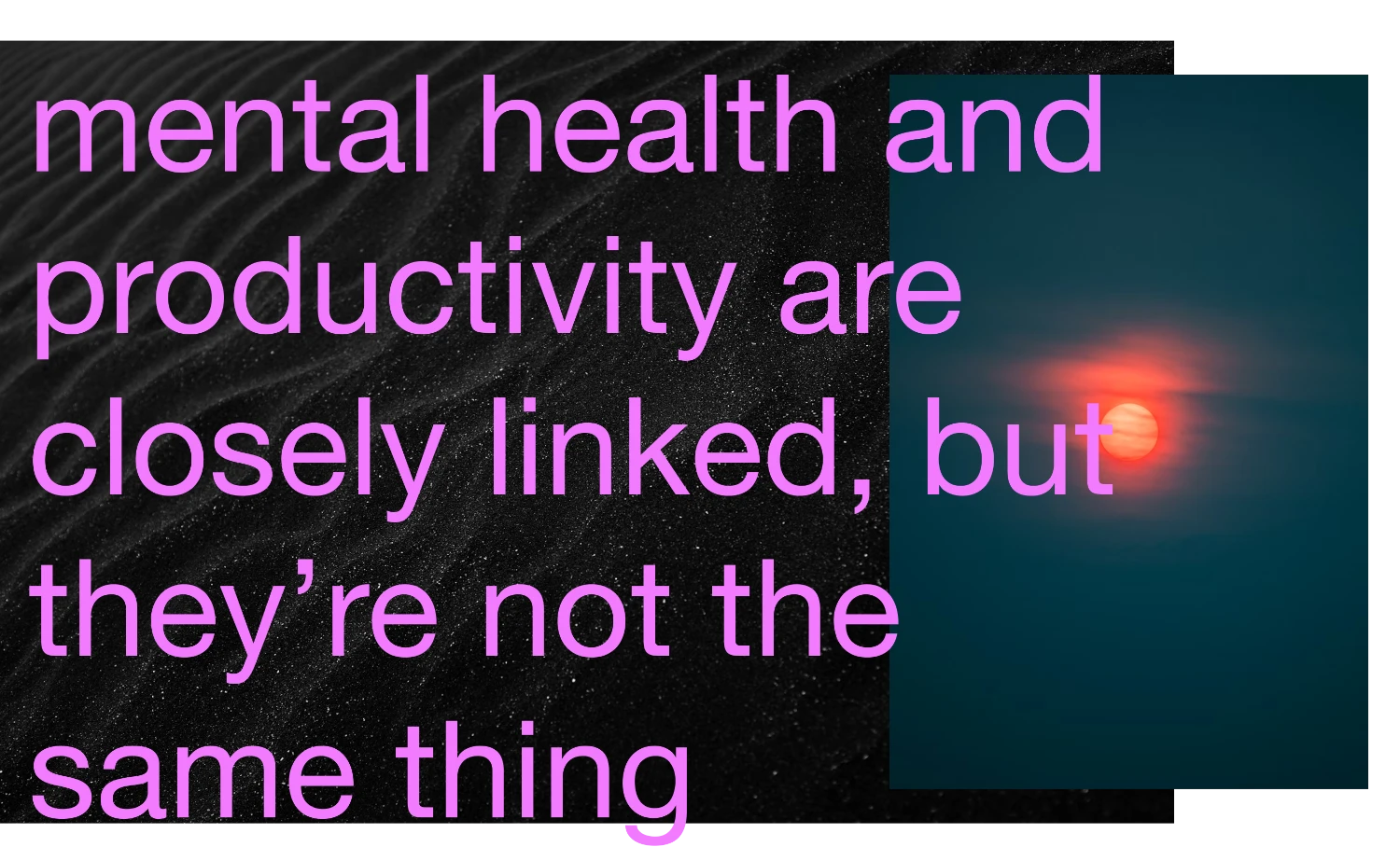it’s totally normal to wonder how something like lexapro might shape your everyday rhythm—especially when productivity feels like both a goal and a struggle. whether you’re navigating work, parenting, school, or just trying to get through your to-do list without feeling like you’re climbing a mountain in flip-flops, the thought naturally pops up: will this medication help me feel more like myself? more capable? more focused?
let’s talk about it—honestly, gently, and without judgment.
when your brain won’t cooperate
here’s the thing about anxiety and depression: they don’t just make you feel off—they can really derail your ability to function. concentration gets foggy. you start five things and finish none. or maybe you stare at the same email for an hour, paralyzed by indecision or a subtle but crushing fear of getting it wrong.
there’s also that heavy mental fatigue, the kind that doesn’t go away with a nap. tasks pile up. motivation slips through your fingers. even the simplest errands can feel like impossible missions when your brain is stuck in survival mode.
so if you’ve felt like you’re constantly trying to push through mud—you’re not alone. and you’re definitely not weak. your brain is doing its best to survive a biochemical imbalance, not failing at productivity.
how lexapro might help you find some flow
for many people, starting lexapro begins to quiet that inner noise. when anxiety eases up, the mind doesn’t feel like it’s running a thousand tabs at once. that space—however subtle at first—can make room for clearer thinking and less emotional reactivity. that, in turn, can make work tasks feel less overwhelming and more manageable.
mood stabilization plays a role too. instead of swinging between “i can do everything!” and “i can’t even get out of bed,” there’s a steadier emotional baseline that allows for more consistent energy and focus.
sleep often gets better too. and while that might not seem directly related to productivity, anyone who’s ever tried to work after a restless night knows it changes everything. quality sleep is like upgrading your brain’s operating system—it improves memory, decision-making, and even patience.
most of all, lexapro can help dial down the constant mental static. that low-grade, always-there buzz of worry or sadness? it can ease up. and in that newfound quiet, your brain can start to remember how to focus again.
but—let’s keep it real—starting lexapro isn’t always smooth
here’s where things can get a little tricky. the first few weeks on lexapro can feel, well, weird. some people feel drowsy or foggy at first. others might feel a bit more anxious before it gets better. your productivity might actually take a bit of a dip during this period—and that’s totally normal.
lexapro isn’t a quick fix; it takes time to build up in your system. most doctors say it can take about 4 to 6 weeks before you start to notice meaningful improvements. and even then, those changes often come in waves. one week you might feel totally dialed in, and the next you’re wondering why your brain’s back in low gear. that’s part of the process.
dosage tweaks can also shake things up. if your doctor adjusts your dose, your system might need a little time to recalibrate. that’s not a step backward—it’s part of finding what truly works for you.
everyone’s brain is different
this part’s important: not everyone reacts to lexapro the same way. some people feel more focused within a couple of weeks. others might experience side effects that make concentration tougher before things level out. your experience is valid no matter where it falls on that spectrum.
it helps to stay in touch with your doctor, especially if you’re unsure whether something you’re feeling is part of the adjustment or a sign you might need a different approach. there’s no one-size-fits-all answer, and there’s no shame in needing to fine-tune the plan.
a few gentle ways to support your productivity along the way
while you’re waiting for lexapro to settle in, there are small things that can gently support your ability to function without adding pressure. prioritize good sleep habits—even if it means going to bed earlier or limiting screen time before sleep. set smaller, achievable goals. instead of expecting eight hours of perfect focus, aim for short bursts of effort followed by breaks.
and most importantly—give yourself grace. your brain is healing. you don’t owe anyone peak performance while you’re doing the hard work of feeling better.
you’re not lazy. you’re healing.
mental health and productivity are closely linked, but they’re not the same thing. and your worth doesn’t depend on how many things you checked off today. taking lexapro, or considering it, is a sign that you’re invested in your wellbeing—not just to function, but to feel more like you. and that’s not just about work output—it’s about having the mental energy to enjoy the people you love, engage in the things you care about, and find moments of peace in your day.
give it time. trust your process. and remember—helping your brain find its balance is a productive step, even if it doesn’t always feel that way right away.
if you have questions or concerns about how lexapro is affecting your daily life, it’s always a good idea to talk it through with your healthcare provider. they’re there to help you find what works for you—and your version of “productive” might look different than anyone else’s.
and that’s okay. actually, that’s kind of the point.

Leave a Reply